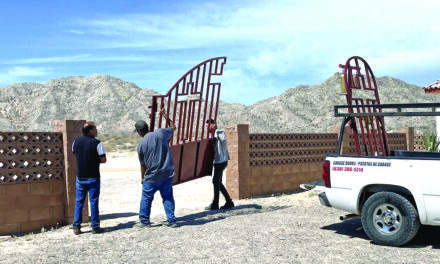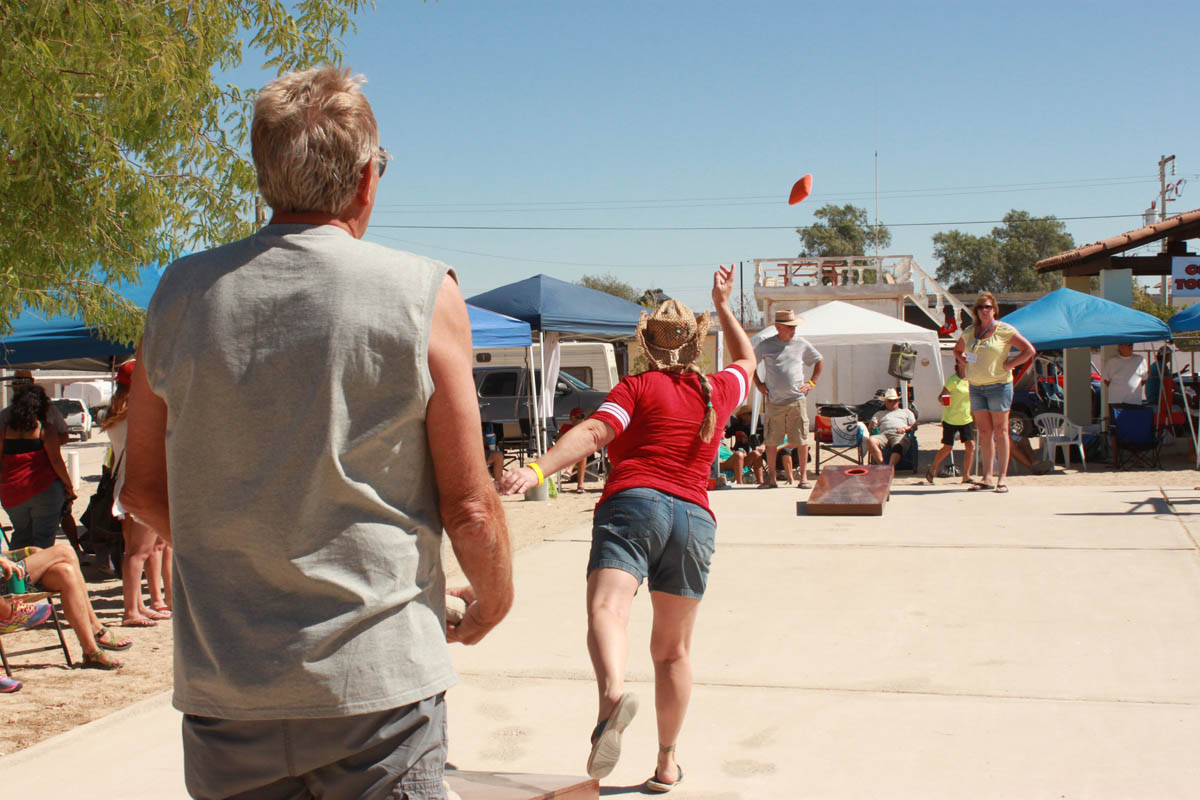It is not widely publicized, but in January of this year, the government of Mexico adopted one of the strictest anti-smoking laws in the world.
It has been illegal to smoke in public buildings in Mexico for many years; but the new law forbids smoking and vaping in all public spaces including beaches, patios, balconies, parks, public streets – literally everywhere except your own home.
It also restricts the marketing of tobacco products, prohibiting all forms of advertising and promotion of tobacco products, forbids retailers displaying cigarettes and eliminates any sponsorship agreements.
Only around 12 percent of people in Mexico and the United States, and 10 percent of Canadians smoke; yet secondhand smoke can affect everyone who comes in contact.
According to the Center for Disease Control, there is no safe level of exposure to secondhand smoke. Over the last 60 years, 2.5 million people who did not smoke have died from problems caused by secondhand smoke exposure.
People who are exposed, even for a short time, can suffer harmful health effects, both immediate and long-term.
A CDC report states that, “Secondhand smoke can produce harmful inflammatory and respiratory effects within 60 minutes of exposure which can last for at least three hours after exposure. Even brief exposure to secondhand smoke can damage the lining of blood vessels and cause blood platelets to become stickier. These changes can cause an increased risk of heart attack.”
It further states that, “Secondhand smoke exposure can cause coronary heart disease, stroke, lung cancer, and other diseases. It can result in premature death and cause adverse reproductive health effects in women, including low birth weight.
“In children, secondhand smoke exposure can cause respiratory infections, ear infections, and asthma attacks. In babies, secondhand smoke can cause sudden infant death syndrome (SIDS).”
Cofepris, the Mexico health regulator, is responsible for ensuring compliance with the new law, but their oversight will be high-level. It will likely fall to individual business owners to enforce the new law. So, if you are at risk from exposure to secondhand smoke and exposed in a public place, your best recourse is to ask the business owner or an employee to address the issue.
The World Health Organization has commended Mexico for its bold new law, which is expected to prevent 49,000 premature deaths and nearly 300,000 cases of smoking-related illnesses over the next 10 years.
For the 12 percent of people who smoke, it will be an inconvenience, but one that is designed to save lives.
# # #
Cutline:
Smoking and vaping are prohibited in all public places in Mexico, including the beaches. Photo by FORMM agency on Unsplash


























